
Top 7 Vegan Supplements for Optimal Health
If you're a vegan, there's probably one question that lingers on your mind: Can I get all the essential nutrients I need from a vegan diet? While a balanced vegan diet can provide most of the vital nutrients you need, you must pay extra attention to certain vitamins and minerals. That's where vegan supplements come in.
Vegan supplements can play a vital role in filling nutritional gaps and enhancing your well-being. In this blog post, we'll explore seven beneficial vegan supplements to consider adding to your routine and tips on choosing high-quality options.
Why Do You Need Vegan Supplements?
While a plant-based diet provides many benefits, including a lower risk of diabetes, heart disease, and certain types of cancer, you might find it challenging to obtain certain nutrients from plants alone. For instance, you're more likely to be deficient in vitamin B12, iron, and calcium if you're vegan, as these nutrients are more abundant in animal products than plant-based ones.
Vegan supplements can bridge these nutritional gaps, ensuring you get all the necessary nutrients without compromising your dietary ethics.
Essential Supplements for Vegans
Here are seven essential supplements you may want to consider taking if you're vegan to ensure you receive all the essential nutrients necessary for optimal health.
Vitamin B12
Vitamin B12 is naturally found in significant amounts in animal products like meat, eggs, and dairy. As a result, you can be at risk of deficiency if you follow a vegan diet.
What Is Its Role?
Vitamin B12 plays several critical roles in your body, including red blood cell formation, DNA synthesis, and neurological function.
What Are Signs of Vitamin B12 Deficiency?
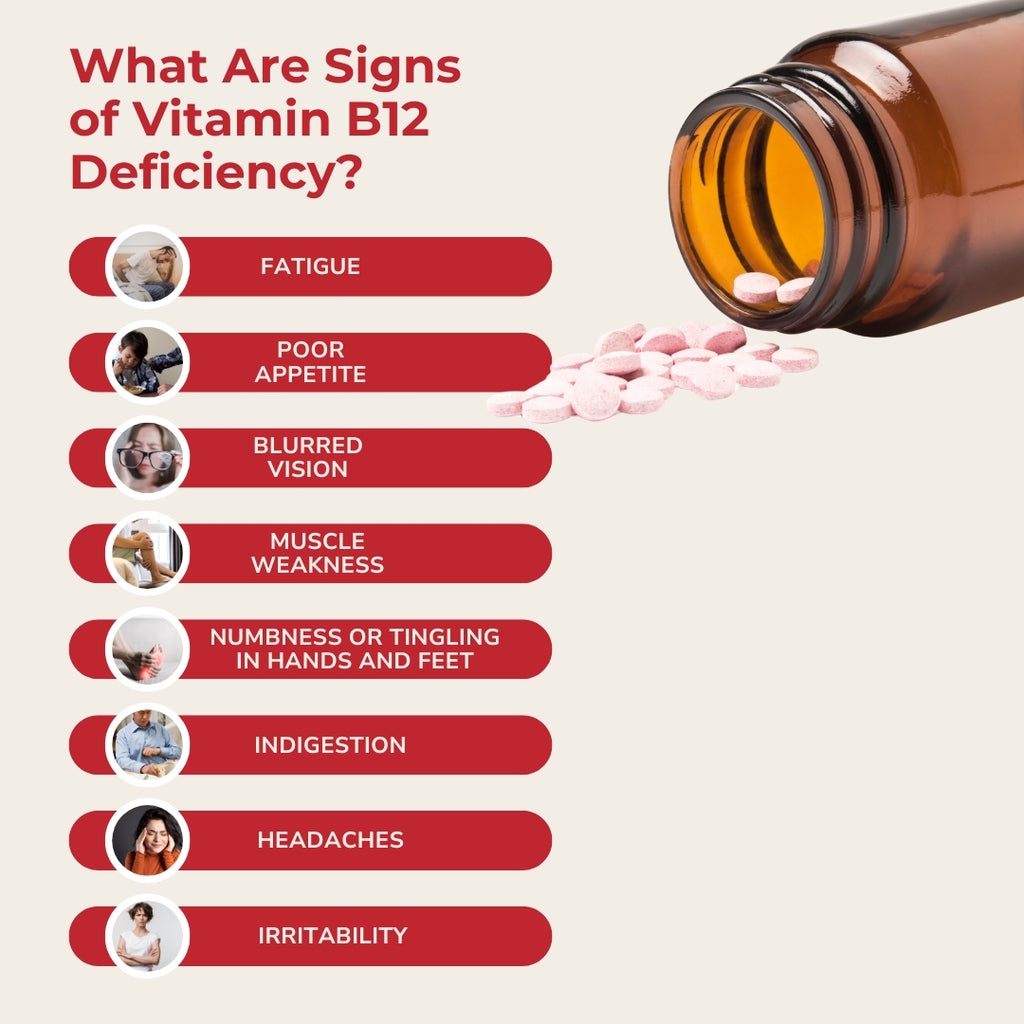
Common symptoms of vitamin B12 deficiency include:
- Fatigue
- Poor appetite
- Blurred vision
- Muscle weakness
- Numbness or tingling in hands and feet
- Indigestion
- Headaches
- Irritability
Severe vitamin B12 deficiency could even lead to anemia or irreversible nerve damage.
Which Vegan Foods Contain Vitamin B12?
Most plant foods don't have vitamin B12. However, some plant sources containing vitamin B12 include nori (a dried seaweed) and shiitake mushrooms.
Look for foods fortified with vitamin B12, such as plant-based milk, breakfast cereals, and nutritional yeast. Also, consider adding a vegan vitamin B12 supplement to your routine to ensure you get your daily dose of vitamin B12.
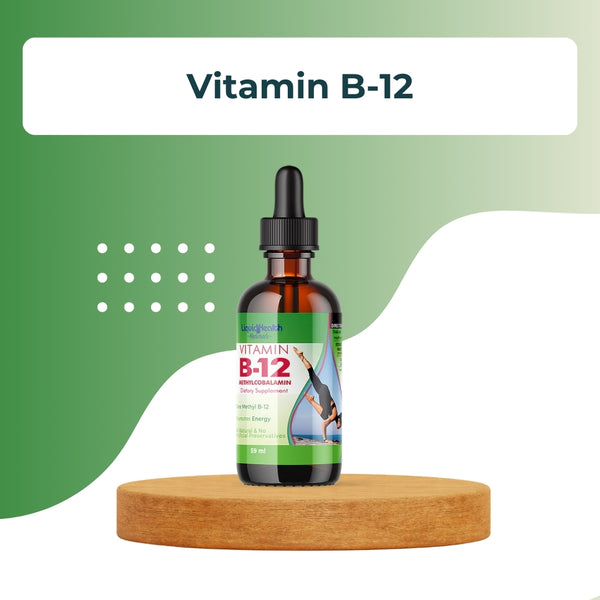
What's the Recommended Daily Intake?
The Recommended Daily Allowance (RDA) for vitamin B12 primarily depends on age. Teens aged 14 to 18 and adults require at least 2.4 micrograms (mcg) daily. However, if you're pregnant or nursing, you require slightly more.
Calcium and Vitamin D
Vegans often find it challenging to obtain sufficient calcium since it's primarily found in dairy products like milk, yogurt, and cheese.
On the other hand, while you can get vitamin D from sunlight, foods incompatible with a vegan diet, like oily fish and eggs, also contain copious amounts of the vitamin. As a result, you might struggle to obtain enough vitamin D if you don't get enough sunlight.
What Are Their Roles?
Calcium and vitamin D are critical in maintaining strong bones and teeth. Vitamin D also enhances calcium absorption and promotes immune function.
What Are Signs of Calcium Deficiency?
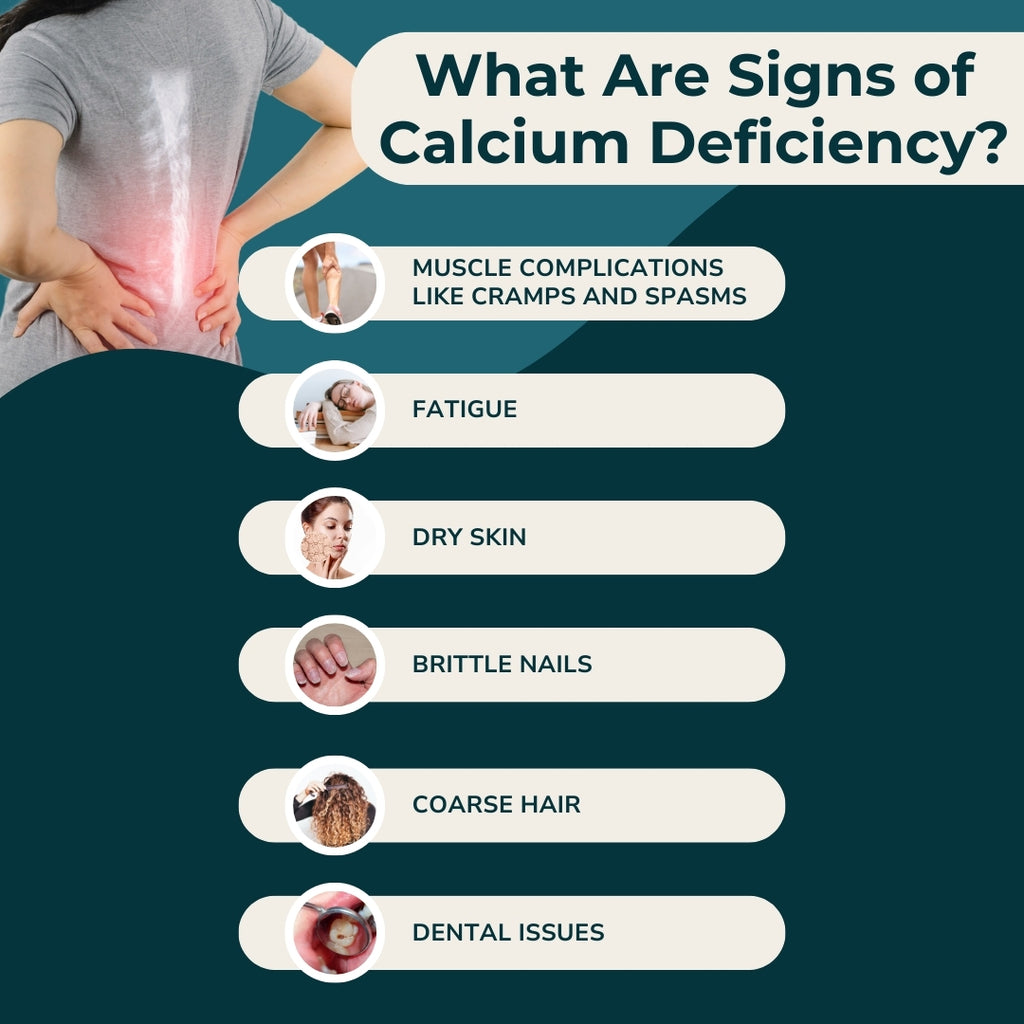
Common symptoms of calcium deficiency (also called hypocalcemia) include:
- Muscle complications like cramps and spasms
- Fatigue
- Dry skin
- Brittle nails
- Coarse hair
- Dental issues like tooth decay, gum irritation, and weak tooth roots
Severe calcium deficiency can also result in osteoporosis, which causes the bones to thin and become susceptible to breaking.
Which Vegan Foods Contain Calcium?
Plant foods rich in calcium include cruciferous vegetables, legumes like chickpeas, fortified plant milks, and fortified tofu.
What's the Recommended Daily Intake?
The amount of calcium you require daily depends on your age and sex. Here are the recommended amounts according to the National Institutes of Health (NIH):
- 1,000 milligrams (mg) for adult men aged 19 to 70
- 1,000 mg for adult women aged 19 to 50
- 1,200 mg for adult women aged 51 to 70
- 1,200 mg for adult women aged 71 and above
Pregnant and breastfeeding women need at least 1,300mg each day.
What Are Signs of Vitamin D Deficiency?
Vitamin D symptoms often go unnoticed. However, some common signs of vitamin D deficiency include:
- Muscle aches
- Bone pain
- Tingling in the hands or feet
- Extreme tiredness
- Depression
Which Vegan Foods Contain Vitamin D?
Besides getting sunlight several days a week, you can get vitamin D by incorporating foods fortified with vitamin D into your diet, like fortified breakfast cereals, plant-based milks, and juices. Also, consider taking a calcium supplement with vitamin D3 to fill nutritional gaps.
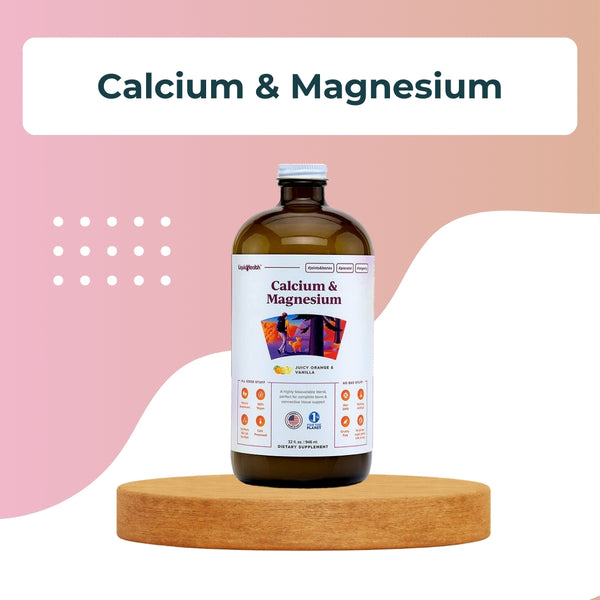
What's the Recommended Daily Intake?
The amount of vitamin D you require daily depends on your age. Adults between the ages of 19 and 70 and pregnant and breastfeeding women need at least 15 mcg daily, while adults 71 and above require 20 mcg.
Vitamin K
Vitamin K is a fat-soluble vitamin, meaning it's soluble in organic solvents and transported around the body like fats. It comes in two forms: vitamin K1 (found in leafy greens) and K2 (found in animal products).
What Is Its Role?
Vitamin K is vital for blood clotting. It also works with calcium and vitamin D to enhance bone health.
What Are Signs of Vitamin K Deficiency?
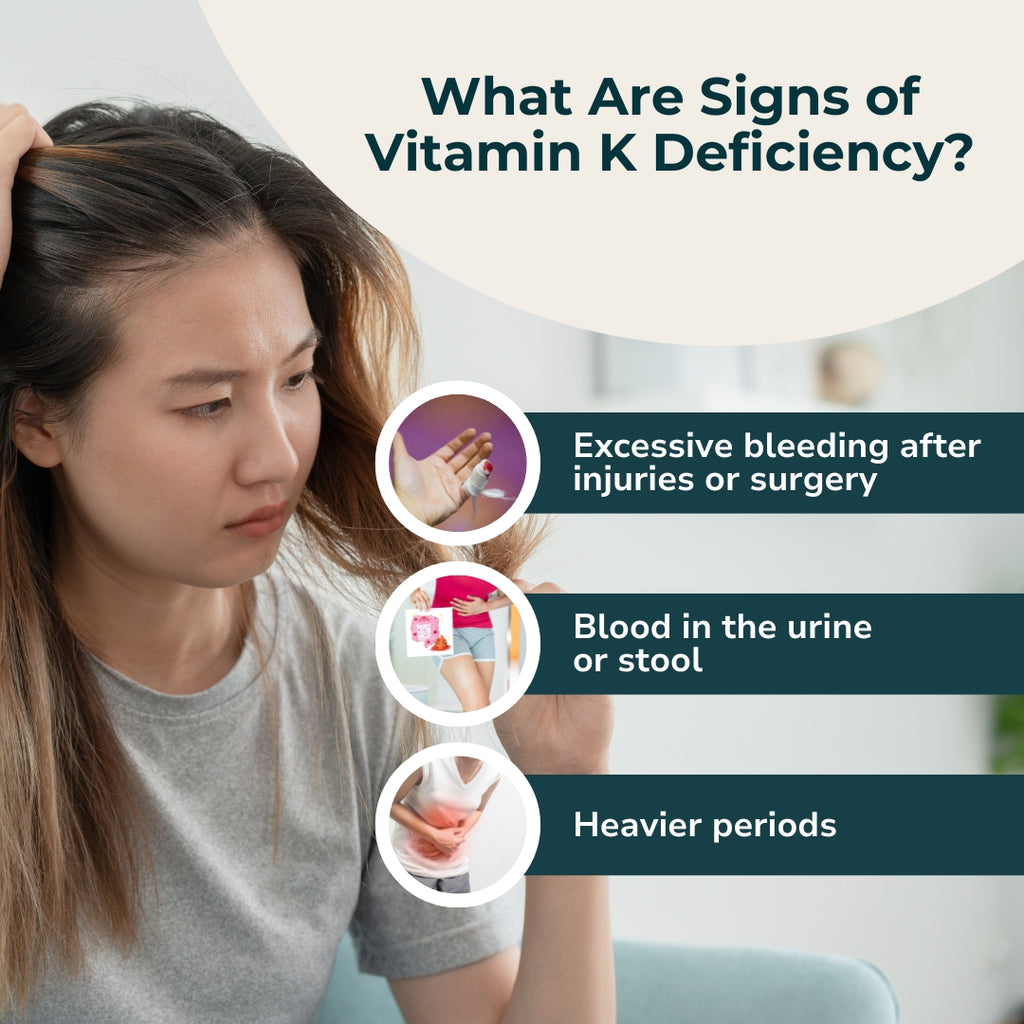
Vitamin K deficiency often leads to bleeding complications, such as:
- Excessive bleeding after injuries or surgery
- Blood in the urine or stool
- Heavier periods
Which Vegan Foods Contain Vitamin K?
While you can easily acquire vitamin K1 from leafy greens like kale, spinach, and broccoli, you might find it difficult to obtain vitamin K2 exclusively from your diet. If you're concerned about your vitamin K2 intake, consider taking a vegan-derived vitamin K2 supplement to ensure you receive your daily dose of the vitamin.
What's the Recommended Daily Intake?
The RDA for vitamin K depends primarily on your sex. Adult men require 120 mcg daily, while women need 90 mcg.
Iron
Although many plant-based foods contain iron, plant-based iron isn't easily absorbed by the body. As a result, vegans need to consume more foods rich in iron than non-vegans.
What Is Its Role?
Iron is essential for creating red blood cells and transporting oxygen throughout the body. It's also vital for the production of thyroid hormones that regulate many metabolic processes like body temperature, energy levels, and nail growth.
What Are Signs of Iron Deficiency?
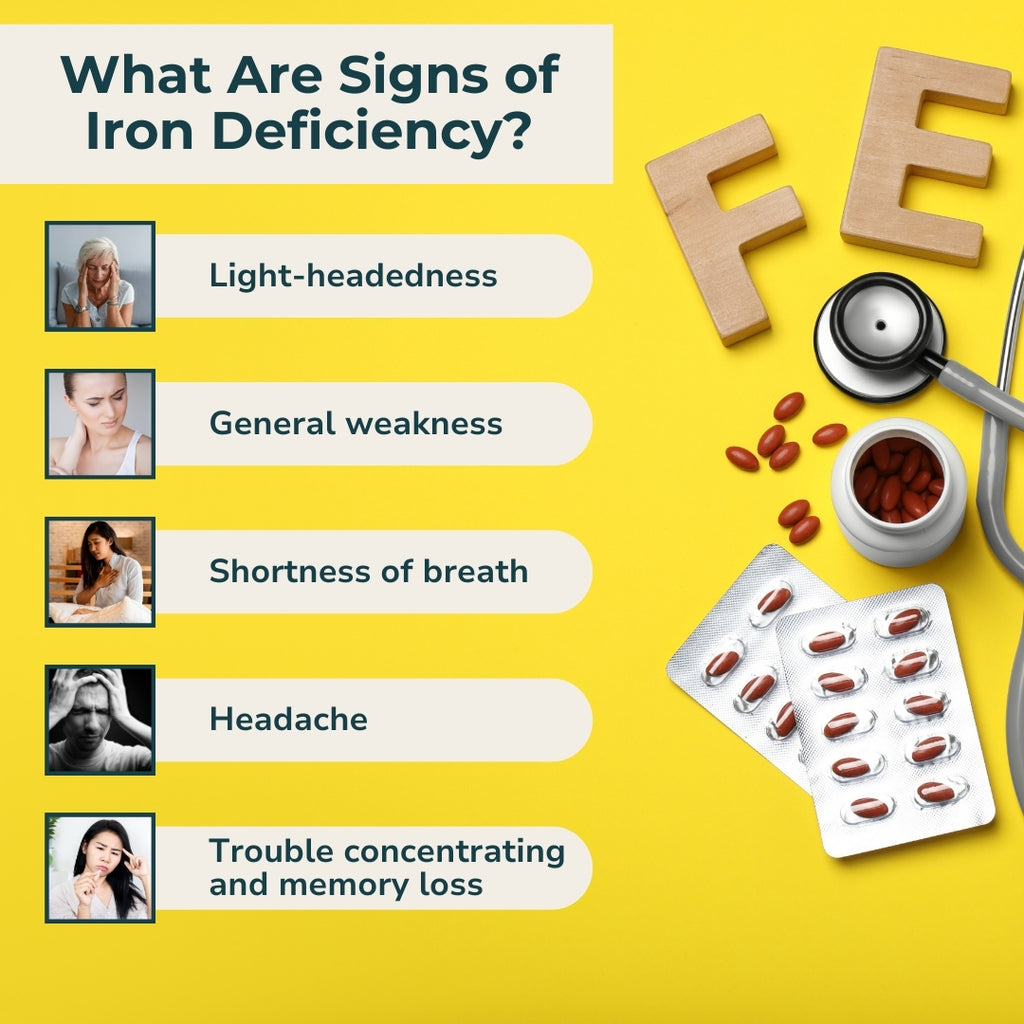
Extreme tiredness is the most common sign of iron deficiency. Other signs of iron deficiency include:
- Light-headedness
- General weakness
- Shortness of breath
- Headache
- Trouble concentrating and memory loss
In extreme cases, iron deficiency can also result in iron deficiency anemia — a condition where there are too few healthy red blood cells due to inadequate iron in the body.
Which Vegan Foods Contain Iron?
You can get your daily dose of iron by consuming nonheme iron found in plant sources like dark leafy greens, legumes, nuts, and dried fruits like apricots and raisins. You may also need to take a vegan iron supplement to get your daily dose of iron.

What's the Recommended Daily Intake?
The amount of iron you require daily depends on your age and sex. Additionally, individuals on a vegan diet require twice as much iron compared to non-vegans. According to the NIH, vegans require the following daily amounts:
- 16 mg for adult men aged 19 to 50
- 36 mg for adult women aged 19 to 50
- 16 mg for adults aged 51 and above
Pregnant women on a vegan diet require about 54 mg of iron daily.
Zinc
Although zinc is present in whole grains, nuts, and legumes, phytates in these foods may inhibit its absorption.
What Is Its Role?
Zinc plays a crucial role in supporting immune function, aiding in wound healing, and facilitating DNA synthesis.
What Are Signs of Zinc Deficiency?
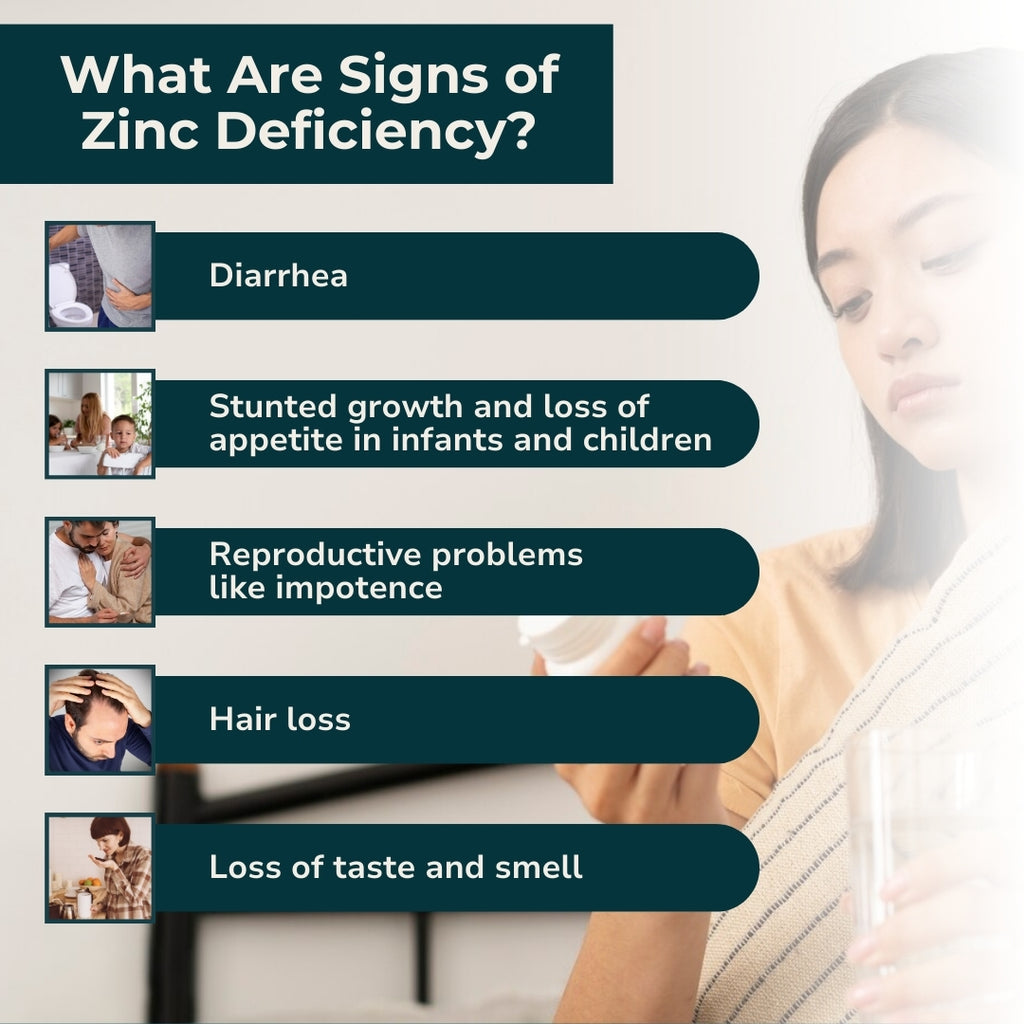
Zinc deficiency can result in the following:
- Diarrhea
- Stunted growth and loss of appetite in infants and children
- Reproductive problems like impotence
- Hair loss
- Loss of taste and smell
Which Vegan Foods Contain Zinc?
While several plant sources provide zinc, it isn't well absorbed by the body. If you suspect you aren't getting adequate zinc from your diet, consider taking a zinc supplement to fill the nutrition gap.
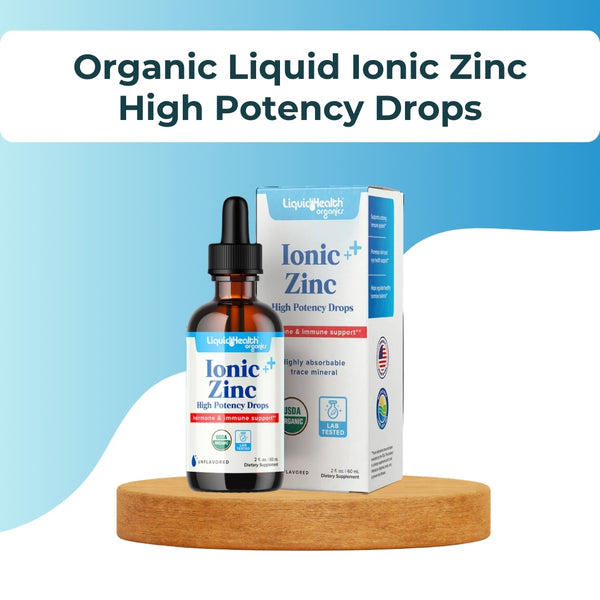
What's the Recommended Daily Intake?
The NIH states that men need a minimum of 11 mg of zinc per day, whereas women need 8 mg. Pregnant and nursing women need slightly more.
Iodine
Iodine is often added to table salts. While iodine deficiency is uncommon in the United States, you might find it difficult to obtain sufficient iodine if you limit your salt intake.
What Is Its Role?
Iron is critical for thyroid function and hormone regulation.
What Are Signs of Iodine Deficiency?

Goitre, a condition characterized by the enlargement of the thyroid gland, is often the first sign of iodine deficiency. Other signs of iodine deficiency include:
- Fatigue
- Unexplained weight gain
- Dry skin
- Inability to tolerate cold
- Cognitive difficulties
Which Vegan Foods Contain Iodine?
Iodized salt is an excellent source of iodine for vegans. Bear in mind specialty salts like sea salt, Himalayan salt, and kosher salt aren't usually iodized. Check the product label to determine if your salt contains iodine.
Seaweed is another iodine-rich food that's ideal for vegans. However, you should consume it in moderation, as consuming it in large quantities can cause your iodine levels to become too high and lead to thyroid complications.
Consider taking an iodine supplement if you want to limit your salt intake.
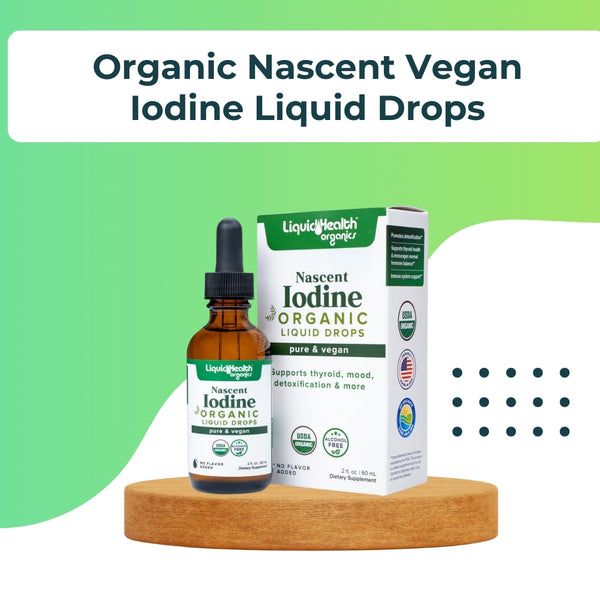
What's the Recommended Daily Intake?
Adults require at least 150 mcg of iodine daily, according to the NIH. However, pregnant and nursing women require higher amounts.
Omega-3 Fatty Acids
Omega-3 fatty acids come in three key types: alpha-linolenic acid (ALA), eicosapentaenoic acid (EPA), and docosahexaenoic acid (DHA). The latter two are primarily found in fish, so you might struggle to obtain them on a vegan diet.
What Is Its Role?
Omega-3 fatty acids support brain health, reduce body inflammation, and promote heart health.
Which Vegan Foods Contain Omega-3 Fatty Acids?
Flaxseeds and chia seeds contain ALA. Most plant-based foods lack EPA and DHA, which are predominantly present in fatty fish and fish oil supplements. As a result, you might benefit from taking plant-based omega-3 supplements rich in EPA and DHA if you're on a vegan diet.
What's the Recommended Daily Intake?
The RDA for ALA is 1.6 grams(g) for men and 1.1 g for women. There is no recommended daily amount for the other forms of omega-3.
Tips for Choosing the Right Vegan Supplements
Choosing the right vegan supplements can be daunting due to the many options available. Uncertain which supplement to pick? Here are some tips:
Look for Reputable Brands
Some supplements are ineffective, and others pose health risks. So, look for brands with a proven track record and third-party testing guaranteeing their efficacy, safety, and purity.
Read Labels Carefully
Pay attention to dosage, ingredients, and potential allergens. Opt for supplements marked with a vegan label on their packaging. It's usually an animal picture or a green V.
Consult a Healthcare Professional
Discuss your needs and any underlying conditions before starting a supplement regimen. Also, disclose any medications you're taking. These details can help your doctor or dietician recommend appropriate supplements and dosages based on your circumstances.
Conclusion
Adhering to a vegan diet has various benefits like reduced risk of certain illnesses. However, if you're vegan, you might be at risk of getting insufficient nutrients from your diet. So, consider taking vegan supplements to fill nutritional deficiencies and improve your overall health.
FAQs
Can I Get All the Nutrients I Need From a Vegan Diet Alone?
While a well-planned vegan diet can provide most nutrients, some, like Vitamin B12, Vitamin D, and Omega-3 fatty acids, are challenging to get in sufficient amounts from plant-based foods alone. Vegan supplements can bridge nutritional gaps, ensuring you get all the nutrients you require for optimal health.
How Do I Know If I Need to Take Supplements?
Consult your physician to determine if you need to take supplements. Generally, they will conduct blood tests to monitor your nutrient levels and determine your specific needs based on the results.
Are Vegan Supplements as Effective as Non-Vegan Ones?
Yes, vegan supplements are as effective as non-vegan ones. However, ensure you choose high-quality supplements from reputable brands for optimal absorption and bioavailability.
Can I Take All These Supplements Together?
You can take some supplements together, while others are better absorbed separately or with certain foods. For instance, experts recommend taking calcium with vitamin D, which aids calcium absorption. On the other hand, you might want to take calcium and iron supplements separately, as calcium can inhibit iron absorption.
What If I Don't Like Taking Tablets or Capsules?
Liquid vegan supplements provide a convenient way to obtain essential nutrients for individuals who don't like swallowing tablets or capsules or don't like the bitter aftertaste of some pills.


